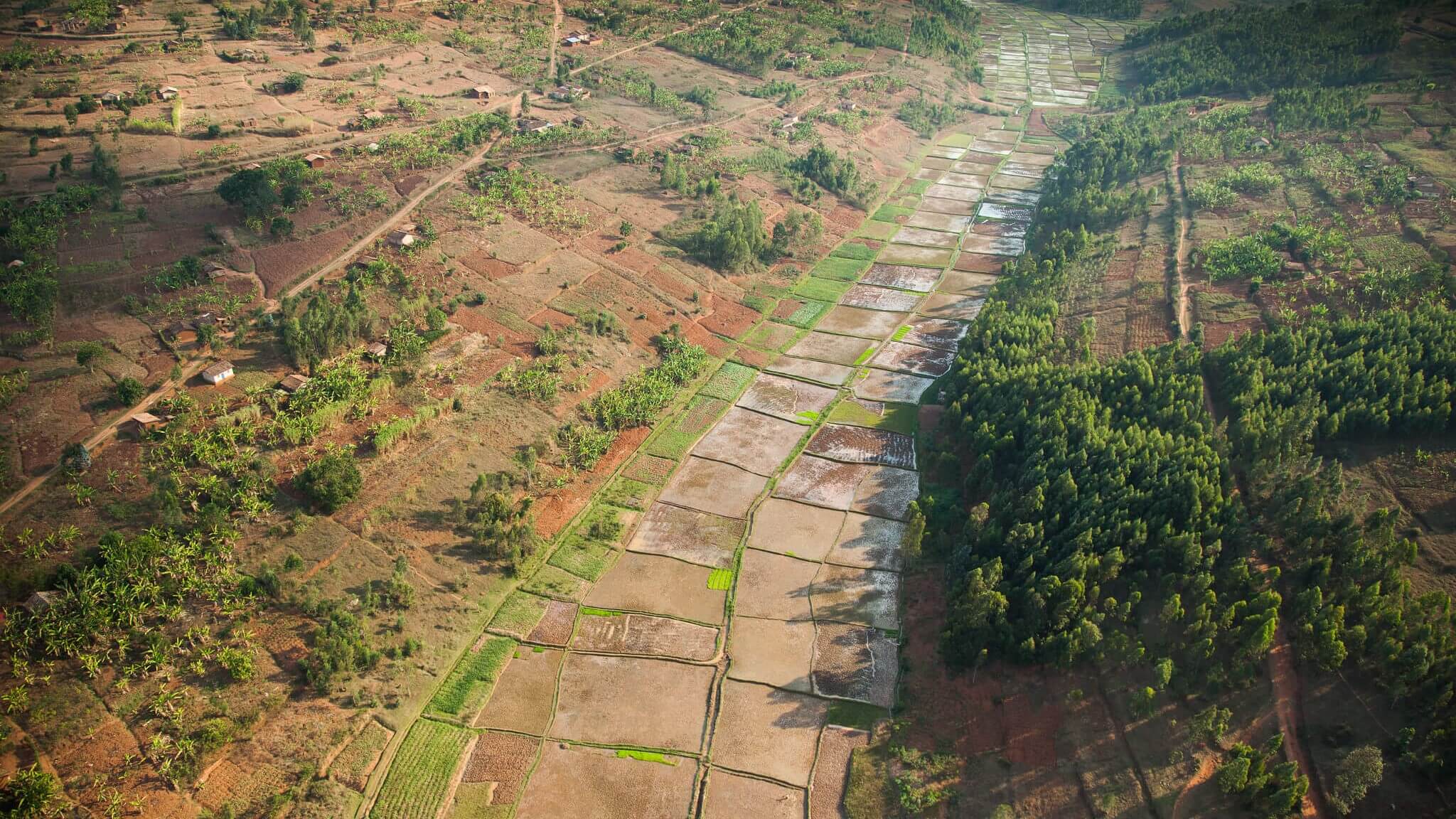The International Science Council works at the intersection of science and policy, to ensure that science is integrated into international policy development and that relevant policies take into account both scientific knowledge and the needs of science.
Drawing on its diverse networks of Members, Affiliated Bodies and partners, the Council’s work on science for policy focuses on three areas:
The ISC has a liaison office for the United Nations in New York, and regularly engages in UN policy processes working with New York-based multilateral institutions and countries’ representations to advance the ISC’s work at the global science-policy interface.
Caution: We kindly remind all that the Science Summit at UN General Assembly – Science Summit at the 79 United Nation General Assembly is NOT an International Science Council event. It is run by Intelligence in Science, a Brussels-based advisory firm. We have reached out to Intelligence in Science to kindly request they spell their name fully first, before using their acronym, as this is confusing for all. We apologize for any inconvenience or misconceptions caused.
 blog
blog
 blog
blog
 news
news
 publications
publications
 publications
publications
 publications
publications